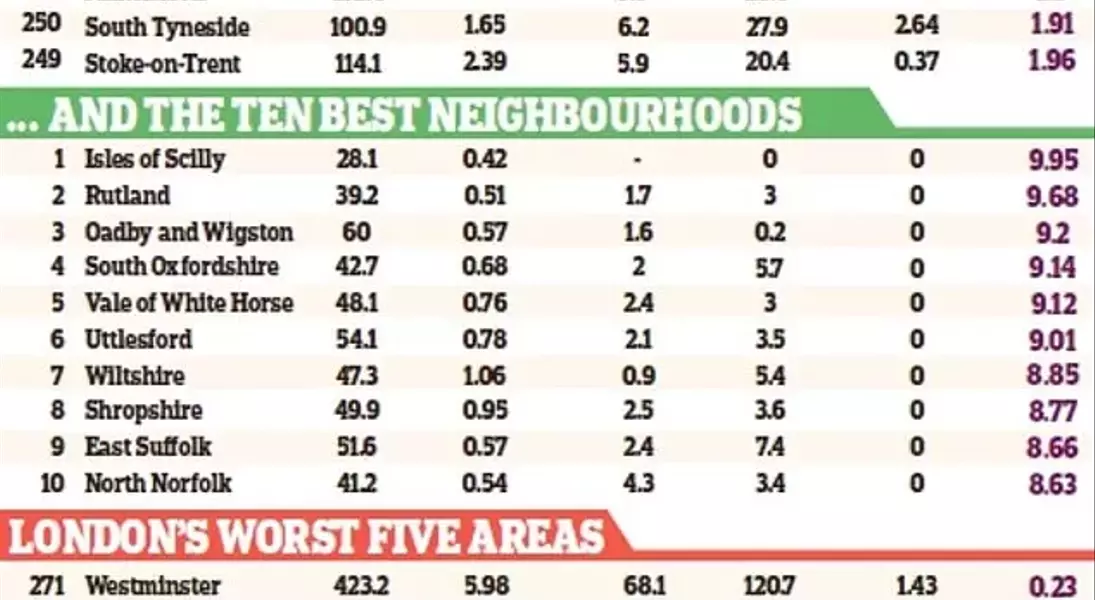




This comprehensive guide delves into effective methods for managing challenging neighbor interactions, ranging from informal chats to official legal actions. It underscores the critical need for prospective homeowners to meticulously investigate potential areas, utilizing available data to understand local crime statistics, noise concerns, and waste disposal issues. Real-life accounts demonstrate how disruptive neighbors can significantly detract from quality of life and diminish property appeal, reinforcing the value of preventative steps and leveraging local initiatives such as Neighborhood Watch to cultivate tranquil residential settings.
Effective Strategies for Addressing Neighborly Conflicts
Addressing disagreements with neighbors requires a thoughtful and often incremental approach, beginning with direct, amicable communication. Experts recommend initiating a friendly conversation to resolve minor issues, as many problems stem from misunderstandings or a lack of awareness on the part of the neighbor. Documenting all incidents and communications is crucial if informal methods prove insufficient. This includes maintaining detailed records of dates, times, and specifics of disturbances, along with any attempts to communicate or resolve the issue. Such documentation is vital should the situation escalate to require intervention from local authorities or legal counsel, providing concrete evidence to support claims of statutory nuisance.
When informal resolution fails, escalating the issue to local authorities or seeking legal advice becomes necessary. A statutory nuisance is defined as a significant interference with the enjoyment of one's property, which could include persistent excessive noise or other antisocial behaviors. Local councils are obligated to investigate such complaints, potentially issuing abatement notices. Furthermore, being transparent about any formal neighbor disputes is legally mandated when selling property, impacting potential buyers' decisions. Therefore, a proactive stance, coupled with thorough record-keeping and professional guidance, is essential in managing and mitigating neighbor-related issues, protecting both personal well-being and property investment.
Assessing Neighborhood Quality Before You Move In
Before committing to a new residence, a comprehensive evaluation of the surrounding neighborhood is indispensable to avoid future conflicts and ensure a peaceful living environment. Prospective buyers and renters should delve into publicly available data, such as local crime rates and statistics on antisocial behavior, noise complaints, and fly-tipping incidents. Websites maintained by police forces and local government offer valuable insights into the prevalence of various issues in specific postcodes. This due diligence allows individuals to gauge the overall serenity and safety of an area, helping to identify potential nuisance hotspots that could affect their quality of life.
Beyond data analysis, practical, on-the-ground research is highly recommended. Visiting the prospective neighborhood at different times of day and night can reveal critical information about noise levels, traffic patterns, and community dynamics that are not apparent during a single visit. Engaging with current residents, perhaps through casual conversations with people in local establishments like pubs or by consulting community social media groups, can provide firsthand accounts of any ongoing issues. Additionally, exploring local initiatives like Neighborhood Watch programs can indicate a community's commitment to safety and social cohesion, offering a more holistic view of what it's like to live there.
